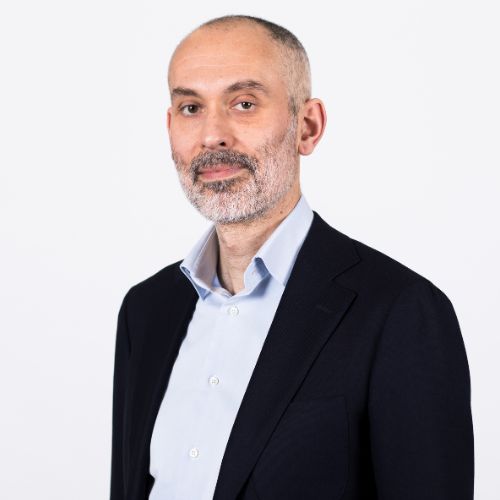- 16 Shrewsbury Road, Redhill, Surrey, RH1 6BH, United Kingdom
- [email protected]
Sustainable claims: Oliver Wyman’s Rob Bailey on reducing emissions in the claims process
Blogs
January 12, 2024

We spoke to Rob Bailey, Partner, Insurance & Asset Management; Climate & Sustainability with Oliver Wyman, about the findings of a recent study the consulting firm has undertaken to identify opportunities to drive down emissions in the claims process – a key scope 3 emission that has to date been overlooked by many insurers.
Watch the video below for the full interview. Key points summarised below.
According to Bailey, claims emissions should be a high priority for insurers because:
- An Oliver Wyman study found claims-associated emissions to be an order of magnitude higher than operational emissions.
- Claims restorations often involve carbon-intensive materials (e.g. steel, cement, glass).
- Sustainability impacts can be significant when the entire claims supply chain is considered.
- Claims are a tangible, real-world opportunity to engage with clients on sustainability.
- Claims emissions should be considered as scope 3 emissions for an insurer, and therefore will need to be disclosed under various reporting directives.
Challenges to overcome include:
- Claims supply chains are complex, involving multiple supply chains and networks (e.g. supplier networks, contractors, lawyers, body shops, etc.
- Emissions data is patchy and inconsistent.
- Currently no standard methodology for measuring claims emissions.
- Balancing sustainable choices/emissions reduction with customer satisfaction, claims costs and combined ratios.
Actions insurers can take to reduce emissions:
- Develop a methodology for measuring emissions in the complex claims supply chain (in the absence of an industry standard at this point).
- Map the claims supply chain.
- Engage with suppliers/contractors to understand their supply chains.
- Identify emissions hotspots within the supply chain (and target emission reduction efforts in these areas).
- Use the claims process to nudge insureds towards more sustainable choices (e.g. EV courtesy cars, home insulation, green retrofitting, low carbon heating).
- Leverage ecosystem relationships to provide these things or steer insureds towards them.
- Build ‘repair over replace’ and circularity into claim restoration.
- Use a robust scope 3 emissions calculator/model to understand emissions embedded in specific materials & processes, etc.
- Improve data capture from suppliers over time.
- Collaborate with ecosystem partners.
Copyright © 2023 Better Insurance Network
Follow Us


